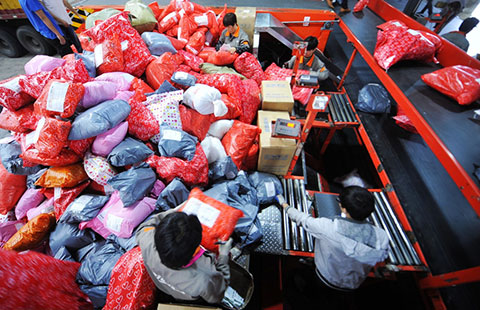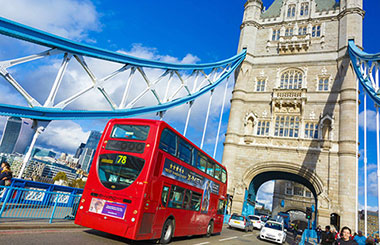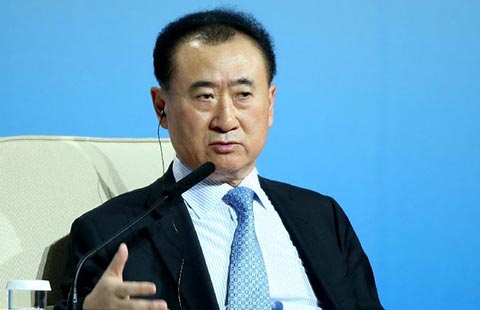'New wind' plan could help save energy
By Lyu Chang (China Daily) Updated: 2015-11-16 08:21Energy-saving central air purifying systems could be installed in new buildings to deal with growing pollution problems in parts of China.
Known as "new wind", the technology is likely to be rolled out in a pilot scheme for Beijing before being launched in neighboring regions in Tianjin and Hebei provinces.
Jin Jizong, vice-president of Beijing Building Energy Conservation and Environmental Engineering Association, expressed hope that the system will get the go ahead as part of tougher anti-pollution regulations included in the 13th Five-Year Plan (2016-2020).
"If such requirements are included in regulatory standards to make new Beijing buildings more energy efficient and greener, they will also apply to neighboring regions such as Tianjin and Hebei provinces," he said.
"During the next five years, constructing energy efficient buildings will be a major task for the government and will drive the development of the new wind system."
Jin confirmed that Beijing's local government had already asked the association to conduct research on "new wind" technology.
This involves an air purifying system working alongside traditional air conditioning. Results will be released next year.
If the system is approved, it would effectively replace energy-consuming air purifiers, which are effective only over limited areas, in new buildings.
Already major European countries and the United States have tough standards governing central heating and air conditioning in newly-constructed commercial and residential property under 2020 zero-emission regulations.
If a similar plan is approved here, it would increase research and development in "new wind" technology, according to Erwin Grohmann, CEO at Dream Maker, a German heating and ventilation company.
Earlier this month, Dream Maker set up its first plant in China as it moved into the energy-saving building market here. "As the government pushes to increase energy efficiency in heating and air conditioning, this will boost development opportunities," he said.
The "new wind" sector could be worth up to 170 billion yuan ($26.7) in the next couple of years, industry officials have stated.
But there is more than money at stake. Jin, at the Beijing Building Energy Conservation and Environmental Engineering Association, pointed out that pollution problems in many of China's cities are fueling demand for air purifiers, which in turn is increasing energy consumption.
Under "new wind", the central purifying system should help save energy by circulating air in every room of a building at a temperature-controlled level
"China's expanding middle class is also willing to pay more in the pursuit of safer, cleaner air and a good living environment," Jin said.
- Online shoppers hungry for healthy options
- A 62-year-old fan on model making
- China to push ahead with shale gas exploration
- Global players adapt to 'new normal' model
- Rail firm on fast track to success
- Sky's the limit for Beidou's clients
- Chinese economy predicted to grow about 7% this year: Xi
- Yuan expected to join global basket
















